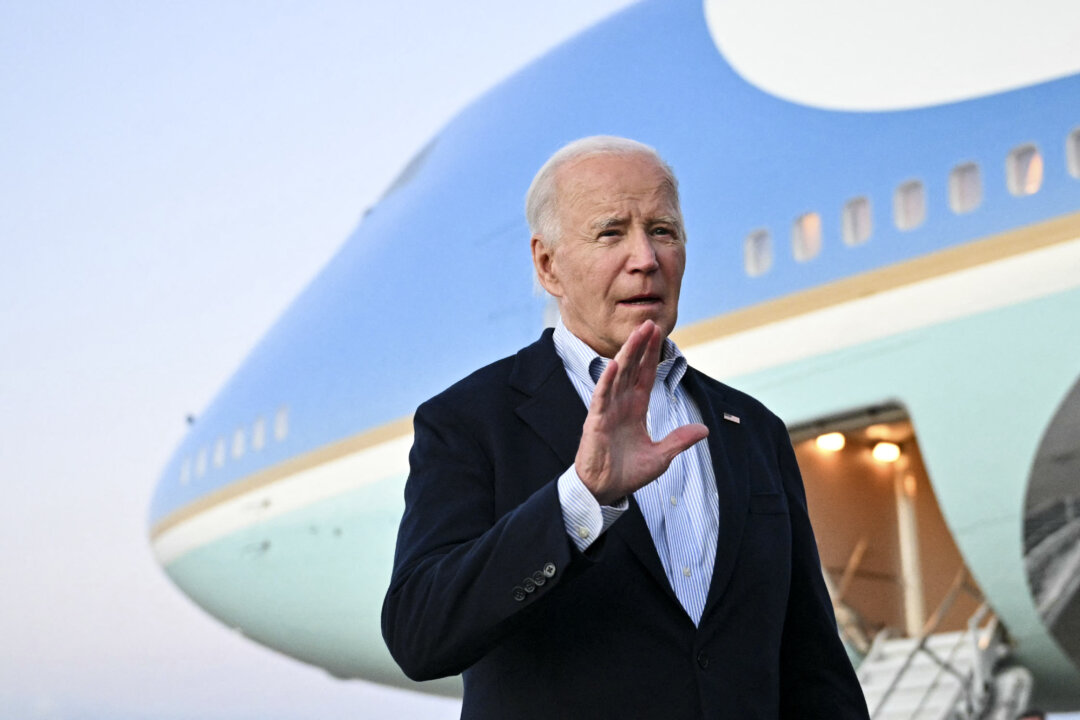‘I’m heading to do something that should have been done a long time ago,’ he told members of the press.
President Joe Biden became the first president to formally apologize to America’s Indian nations for the more than 150 years of forcing tribal children to attend federal Indian boarding schools.
“I have a solid responsibility to be the first president to formally apologize to the native peoples, Native Americans, Native Hawaiians, Native Alaskans for the federal Indian boarding schools,” he said to members of the Gila River Indian Community in Arizona on Oct. 25. “It’s long, long, long overdue.
“Quite frankly, there’s no excuse that this apology took 50 years to make. The federal Indian boarding school policy and pain it has caused will always be a significant mark of shame or blunt on American history.”
This federal education program forced Native American children from their homes and into boarding schools designed to assimilate them into “white” American culture.
Taxpayer money funded the creation of more than 400 government and religiously run boarding schools in 37 states across the country from 1819 through 1969, including Alaska and Hawaii, with Oklahoma, Alaska, Arizona, New Mexico, Minnesota, and the Dakotas having some of the largest student populations. The policy was created by the Indian Civilization Act of 1819 and was officially struck down by the Indian Child Welfare Act of 1978.
Along with the elimination of native languages, the schools became associated with testimonies of physical, emotional, and sexual abuse. The Department of the Interior’s Federal Indian Boarding School Investigative Report found that at least 973 children died in those schools.
“The president … believes that to usher in the next era of the federal-tribal relationships, we need to fully acknowledge the harms of the past,” the White House said in a statement. “That is why he is issuing a historic presidential apology.
“In making this apology, the president acknowledges that we as a people who love our country must remember and teach our full history, even when it is painful,” the White House said. ”And we must learn from that history so that it is never repeated.”
Biden outlined his administration’s record among the Native American tribes and communities, including funds intended for projects such as high-speed internet, roadways, public transportation, home electrification, drought resistance, health care, and climate resilience and adaptation programs.
Biden also highlighted the national monuments he established and memorandums he signed further protecting tribal treaty rights and sacred sites, as well as his administration’s decision to appoint more Native Americans to positions, including Secretary of the Interior Deb Haaland, the first Native American Cabinet secretary.
Biden’s visit to Gila River and his return to Arizona took place less than two weeks before an election that has Vice President Kamala Harris and former President Donald Trump fighting for votes in the battleground state.
The Associated Press contributed to this report.

